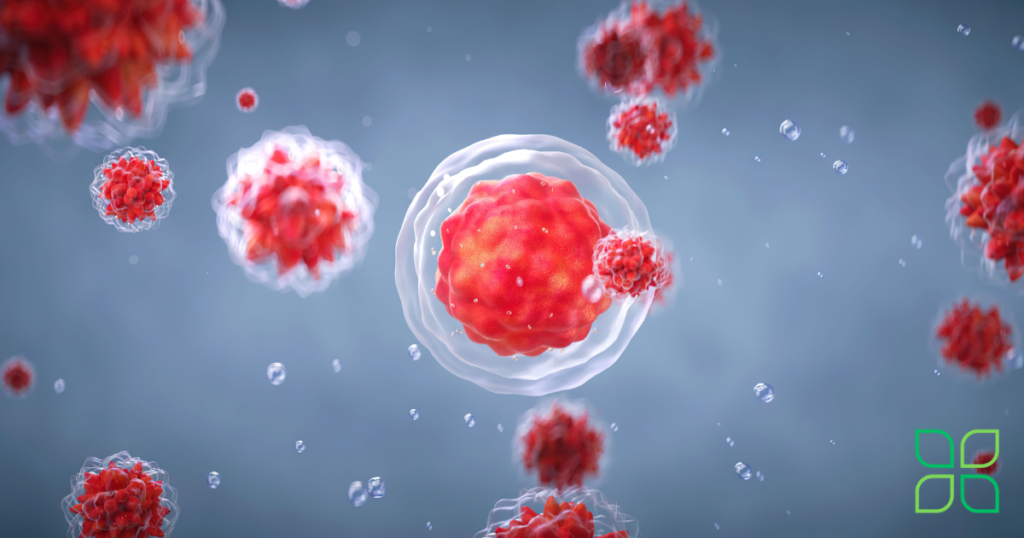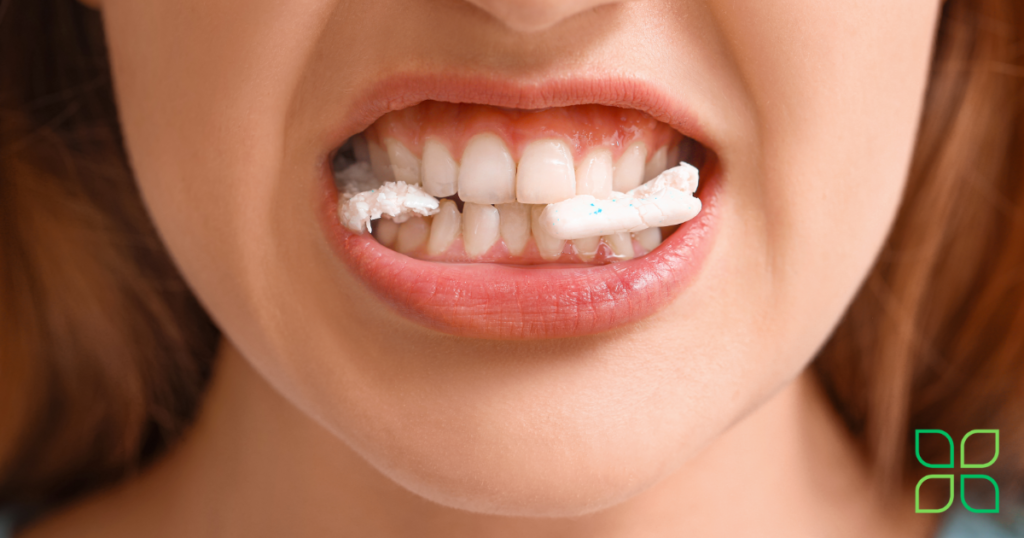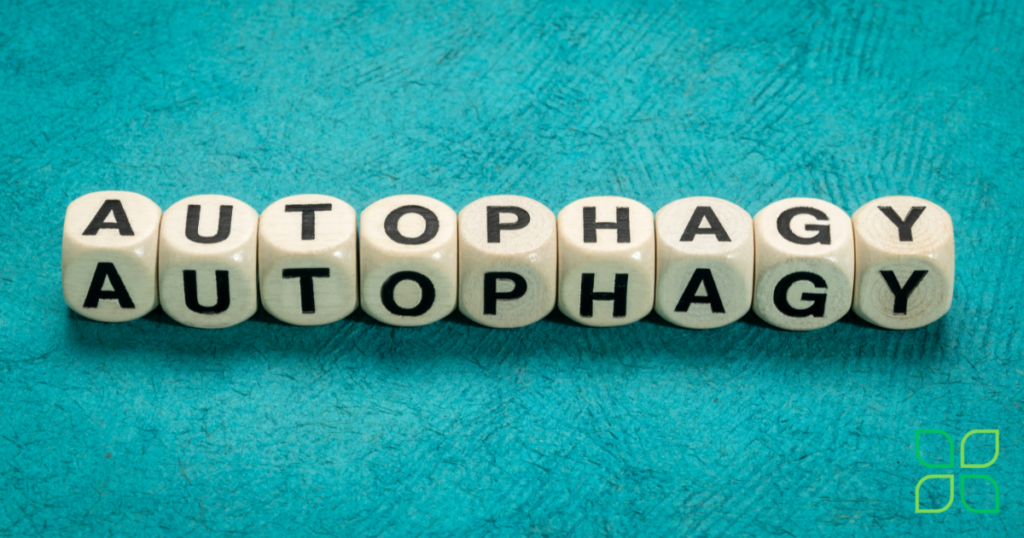Does Chewing Gum Affect Autophagy?
In recent years, the concept of autophagy has gained significant attention in the health and wellness community. Autophagy, a process where the body cleans out damaged cells and regenerates new, healthier ones, is often associated with fasting. However, many people wonder about the impact of chewing gum on this essential biological process. Does chewing gum affect autophagy? In this blog post, we will delve into the science behind autophagy, explore the role of chewing gum, and provide actionable insights for maintaining optimal health.
Understanding Autophagy

Autophagy, derived from the Greek words “auto” meaning self and “phagy” meaning eating, is a natural process that occurs in the body to remove dysfunctional components. This cellular recycling process plays a crucial role in maintaining cellular health and has been linked to various benefits, including improved longevity, enhanced immune function, and reduced risk of diseases such as cancer and neurodegenerative disorders.
During autophagy, cells break down and remove unnecessary or damaged components, allowing the body to adapt to stress and promote survival. This process is typically triggered by fasting or caloric restriction, where the absence of external nutrients prompts the body to utilize its internal resources.
The Science Behind Chewing Gum
Chewing gum is a popular habit that many people engage in for various reasons, such as freshening breath or reducing stress. However, when it comes to its impact on autophagy, there is limited scientific research available. To understand if and how chewing gum affects autophagy, we must consider the ingredients in chewing gum and their potential impact on the body’s metabolic state.
Most chewing gums contain ingredients such as sugar, sugar alcohols, artificial sweeteners, and flavorings. These components can vary significantly between different brands and types of gum, which may influence their effect on autophagy.

Does Chewing Gum Break a Fast?
One of the primary concerns regarding chewing gum and autophagy is whether it breaks a fast. Fasting is known to be a potent trigger for autophagy, and many people practice intermittent fasting or extended fasting periods to harness its benefits. The question arises: does the act of chewing gum interfere with the fasting state?
The answer largely depends on the type of gum being consumed. Sugar-free gum, for example, may contain artificial sweeteners that do not significantly affect insulin levels or caloric intake, potentially allowing autophagy to continue. However, gum containing sugar or other caloric additives can increase insulin levels and disrupt the fasting state.
Research and Evidence
While direct studies on chewing gum and autophagy are scarce, some research provides insight into related areas. A study published in the journal Cell Metabolism found that even small amounts of sugar can halt autophagy, suggesting that sugar-containing gum might impede the process. Conversely, a study in Nature Reviews Endocrinology indicated that non-caloric artificial sweeteners have minimal impact on insulin response, which could mean sugar-free gum might not significantly affect autophagy.
Another consideration is that the act of chewing itself can stimulate digestion-related processes, potentially impacting the body’s metabolic state. However, the overall effect of this stimulation on autophagy remains unclear due to the lack of specific studies.
Actionable Tips for Supporting Autophagy

For those interested in optimizing autophagy, here are some actionable tips that can help:
- Practice Intermittent Fasting: Engage in fasting periods, such as the 16:8 method, where you fast for 16 hours and eat within an 8-hour window to stimulate autophagy.
- Choose Sugar-Free Gum: If you wish to chew gum while fasting, opt for sugar-free varieties with minimal artificial additives to reduce the risk of breaking a fast.
- Focus on Nutrient-Dense Foods: When not fasting, consume foods rich in nutrients and antioxidants to support cellular health and autophagy.
- Incorporate Exercise: Regular physical activity can enhance autophagy and contribute to overall well-being.
- Stay Hydrated: Drinking water and herbal teas can aid in the fasting process and support autophagy.

Conclusion
While the direct impact of chewing gum on autophagy remains an area requiring more research, current evidence suggests that sugar-free gum is unlikely to significantly disrupt the process. However, gum containing sugar or other caloric ingredients may impair autophagy by breaking a fast. For those seeking to maximize the benefits of autophagy, it is advisable to opt for sugar-free gum and practice fasting strategies known to promote this vital cellular process.
Overall, understanding the role of autophagy and the potential effects of chewing gum can empower individuals to make informed choices for their health and wellness. By adopting practices that support autophagy, such as intermittent fasting, nutrient-dense eating, and regular exercise, you can contribute to long-term cellular health and vitality.
